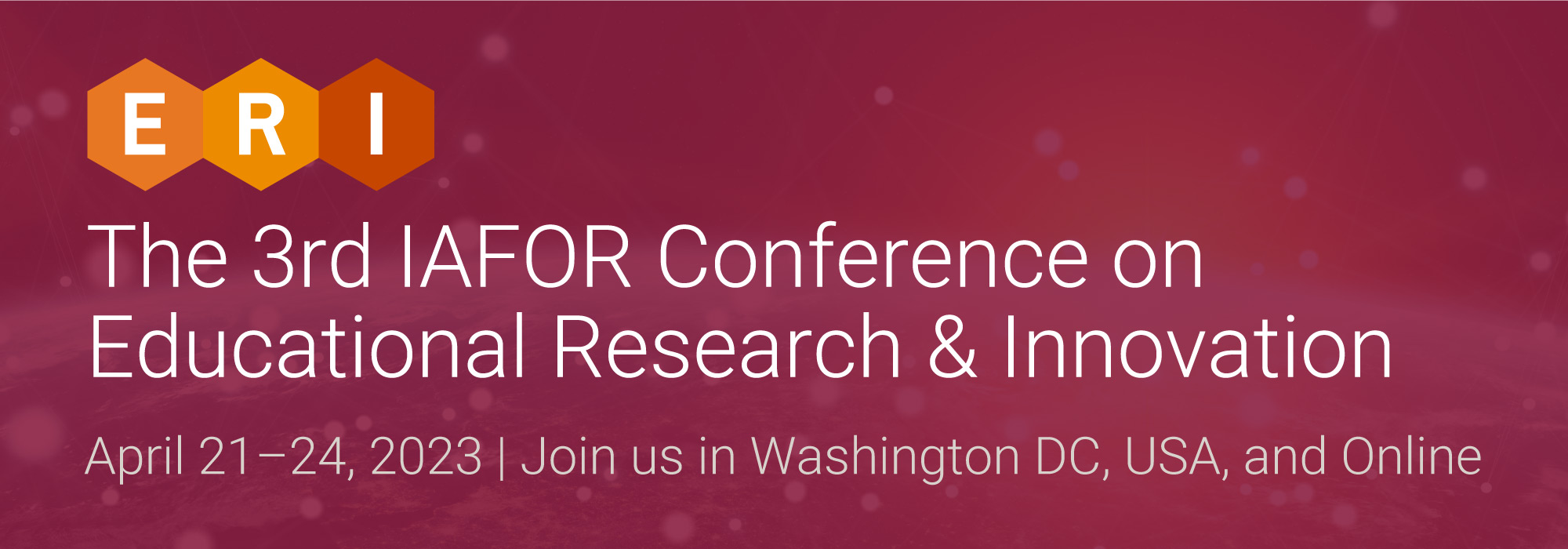Digital Learning Object Based on Transition Design Methodology to Promote the Energy Efficiency Culture: An Interdisciplinary Development for STEAM Education (66967)
Session Chair: Sheila Tabanli
Sunday, 23 April 2023 10:20
Session: Session 1
Room: Ballston Room
Presentation Type:Oral Presentation
This paper presents the design, development, and quantitative and qualitative evaluations of a digital learning object based on the Transition Design methodology and the ISO-50001 standard (i.e., Energy Management System). To clarify, Transition Design addresses complex problems, called wicked problems, such as climate change, global pandemic, and lack of access to affordable education, among others. In particular, the problem addressed in this paper is the lack of knowledge of general and standardized aspects related to energy efficiency in the secondary education curriculum design & development in Mexico. Therefore, obtaining good results in the energy efficiency context turns out to be very complicated, since there is no standard framework, and the activities or learning objects used, are not generally appropriate to the expected learning outcomes. In this way, through a social immersion, focus group, creativity techniques, and digital design tools, a market study was carried out considering a sample of 208 students distributed into 6 groups from different subjects, where the subjects are related to natural & exact sciences and social sciences & humanities. The aforementioned is for assessing the student’s learning styles to determine the most adequate digital learning object for them. As a result, a digital learning object was developed in an interdisciplinary manner considering the Kolb learning styles., i.e., concrete experience, reflective observation, abstract conceptualization, and active experimentation. Finally, this project has implications for the future development of the secondary education curriculum, but the learning object can also be adapted to existing educational programs and models.
Authors:
Paola Monet Cañedo-Bobadilla, CETYS Universidad, Mexico
Gloria Janeth Murillo-Aviña, CETYS Universidad, Mexico
Sialia Karina Mellink-Méndez, CETYS Universidad, Mexico
Josue Aaron Lopez-Leyva, CETYS Universidad, Mexico
About the Presenter(s)
Dr Josue Aaron Lopez-Leyva is a University Professor/Principal Lecturer at CETYS Universidad in Mexico
See this presentation on the full schedule – Sunday Schedule





Comments
Powered by WP LinkPress